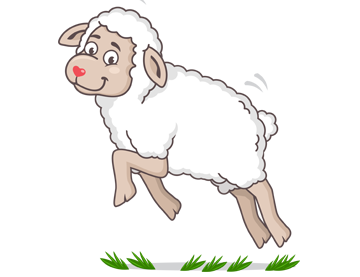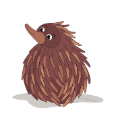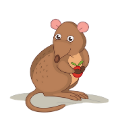Freedom to express normal behaviour
All sheep should be allowed to express their normal behaviours. A normal behaviour is the way an animal acts in its natural environment. Enough space, proper shelter and housing, as well as company of the animal’s own kind, allows and encourages the expression of normal behaviours.

Did you know that there is a special law protecting animals?
This law is called the Animal Welfare Act. The Animal Welfare Act says that animals in your care must be provided with an environment and care that meets their five welfare needs. These welfare needs are five important conditions that need to be met for animals to be healthy and happy. These five welfare needs are called the five freedoms.
One of these five freedoms is: freedom to express normal behaviour. In this section, you will learn about this freedom and how you can make sure your sheep express normal behaviour.




































